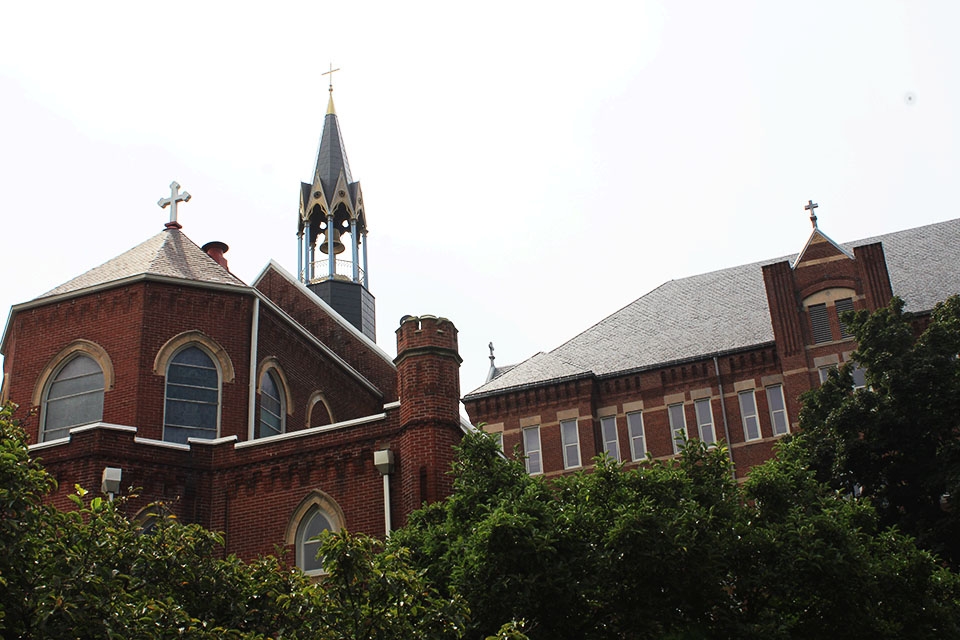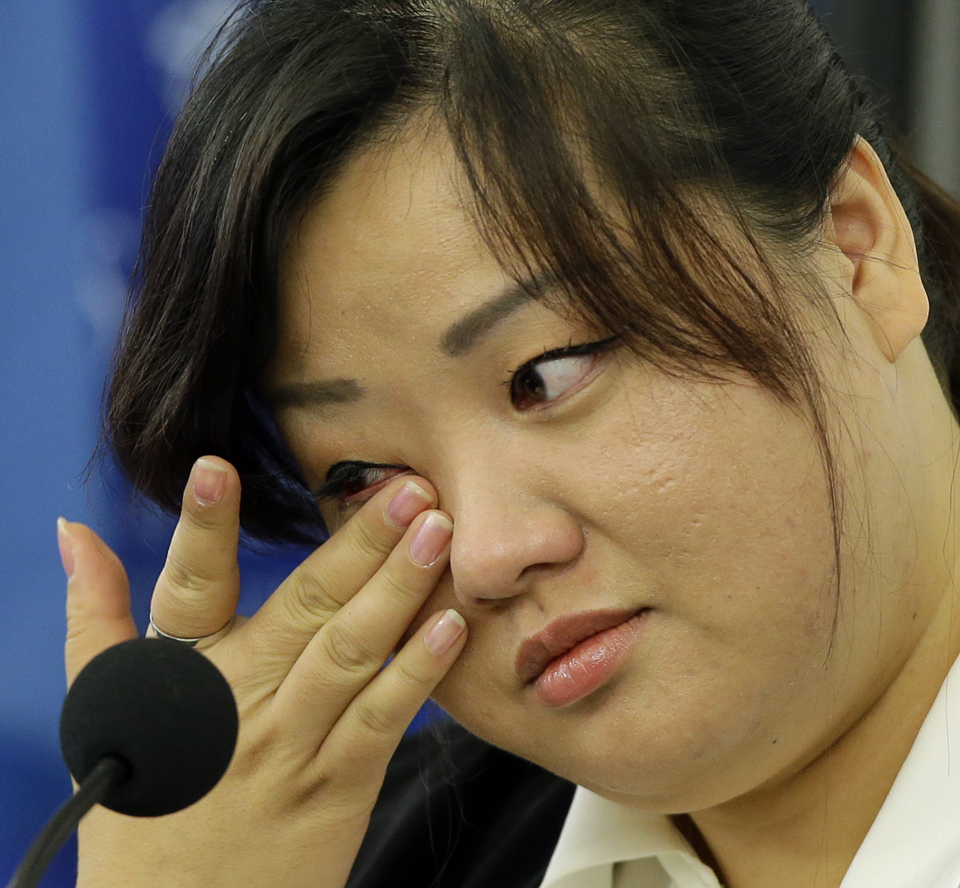
Old Main, pictured here, is the site of Duquesne’s administration offices. DU’s recently reached a deal with CCAC allowing their students to articulate to Duquesne.

Old Main, pictured here, is the site of Duquesne’s administration offices. DU’s recently reached a deal with CCAC allowing their students to articulate to Duquesne.
Josiah Martin | Staff Writer
A new agreement between the Community College of Allegheny County (CCAC) and Duquesne University has made it easier for CCAC graduates to obtain a bachelor’s degree from the McAnulty College of Liberal Arts.
The articulation agreement allows students that have completed a two-year program at CCAC and meet Duquesne University’s academic standards to transfer to Duquesne as juniors with 60 credits toward their degree.
“The students will not have to worry about how many credits will transfer,” said Jeffrey Ptak, the associate director of Undergraduate Admissions.
That assurance is the major benefit of this agreement, according to Ptak.
“The agreement provides a direct pathway for students who want to begin their education at CCAC and then complete their Bachelor’s degree at Duquesne’s College of Liberal Arts. This will allow students to begin planning their Duquesne transfer much earlier in the process,” said Ptak.
This is not the first of it’s kind at Duquesne, and it intends to make similar agreements with other community colleges in the future.
“The School of Nursing also has an articulation agreement with CCAC and we are looking to expand to other schools at Duquesne,” added Ptak.
Ken Gormley, president of Duquesne University, expressed his hope to further improve the university’s relationship with other schools in terms of transfer students.
“This new agreement with CCAC reflects our desire to establish a more formal relationship to provide a seamless transition for students who wish to transfer into our College of Liberal Arts,” said Gormley.
The agreement would likely encourage a greater number of transfer students from CCAC. Gormley welcomes them, as he reiterated the presence and importance of transfer students at Duquesne.
“Each year, over three hundred academically talented undergraduates transfer to Duquesne from regional community colleges as well as other regional and national four-year colleges and universities,” said Gormley. “We look forward to continuing and enhancing this productive partnership in the years ahead.”
Ptak echoed this sentiment, emphasizing the benefits of this program for the students.
“The agreement reconfirms the strong partnership between both institutions in the common goal of assisting students,” he said. “It shows the value of completing the two-year program at CCAC and then the final two years at Duquesne. Students also benefit from the support they will receive from both institutions during their entire education.”
In a statement published in Duquesne’s press release regarding this agreement, Dr. Quintin Bullock, president of CCAC, also shed a positive light on Duquesne’s relationship with CCAC and expressed his desire for the students to utilize this new system.
“By leveraging the combined strengths of our two institutions, we are helping ensure that individuals have the skills and knowledge they need to succeed in today’s increasingly competitive and changing global workplace,” said Bullock.



